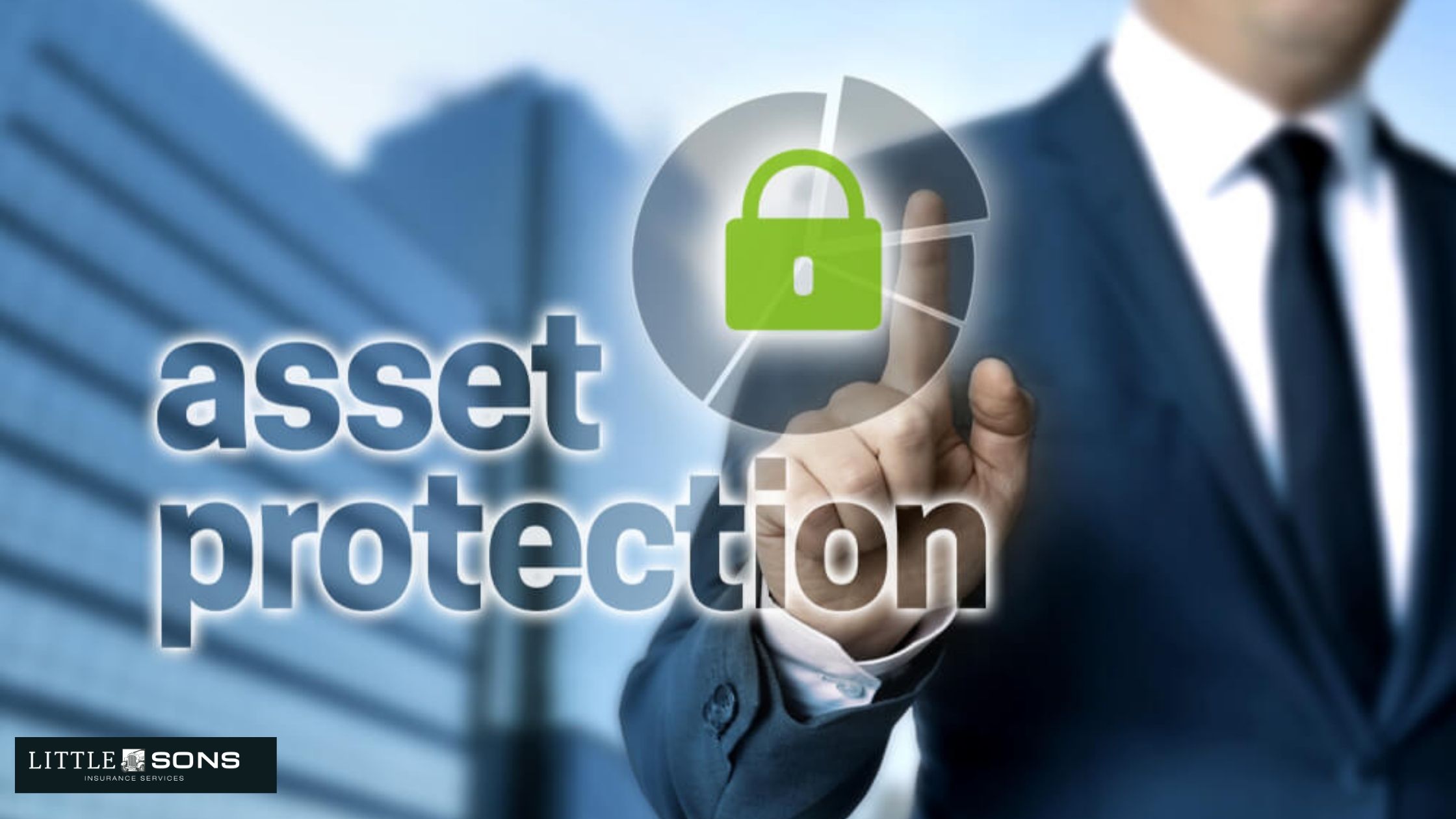



Business owners often learn quickly that they face more challenges than they originally anticipated in the planning stage. Various financial and legal risks can set a startup back drastically unless you apply the right risk management strategies. Choosing a business insurance plan that matches your company's needs will help you build a safety net for your asset protection.
When you launch a startup, you need to purchase business insurance to shield your assets from litigation. Carrying sufficient liability insurance will pay for lawsuits and settlements so that no one can come after your cash or property. In addition, depending on how you structure your company, you can protect your assets from creditors.
The two types of claims on assets that creditors can file are internal and external claims. Internal claims limit the creditor to holdings of the business entity. External claims allow creditors to seek both company and personal assets. Therefore, it is essential to understand the potential for these claims so you can prevent your property from being seized by a creditor.
The two main types of assets are safe and dangerous. Safe assets reflect financial instruments such as stocks and bonds or savings. Risky assets include commercial property, business equipment, and company vehicles. These assets are considered dangerous because they create safety and financial risks affecting their value.
The business structure you decide for your organization is closely associated with protecting your assets. For example, a Limited Liability Corporation (LLC) shields your personal assets from exposure to company debt. Here are ways different business structures protect or don't protect personal assets:
The best asset protection vehicle is an LLC if you run a small business. It provides the most convenience and flexibility with no risk of personal asset exposure. LLCs must meet state requirements, which vary among the states. Certain professionals such as physicians, dentists, and attorneys cannot reduce liabilities from the LLC or corporate structure. However, they may still use these structures and invest in the right insurance plan to safeguard against litigation.
When a business cannot offer personal asset protection, consider moving assets into a family limited partnership (FLP) or trust. The LLC structure can be precious to individuals with a high net worth.
Be aware that entering a general partnership puts you at risk of being responsible for your partner's actions. So, if your partner runs up substantial debt while you're not looking and then disappears, you'll be the one facing creditors. In addition, it will open the door to you getting sued by someone who can end up draining your personal assets. Doing business with a partner who creates massive financial losses for another party can lead to the plaintiff trying to seize your personal property.
Ask yourself why you've even thought about a general partnership. Is it because you're the talent with skills while the partner is the investor or business expert? You are better off forming an LLC than a general partnership due to lower personal risks. However, even if you do everything by the book, you can still face high individual costs if your partner participates in nefarious activities. It helps to talk with an attorney before committing to any business structure.
No matter what type of business structure and model you set up, your assets can be protected with the right insurance coverage. The best way to assess your asset protection is to discuss your holdings with a business insurance expert. Then, contact us at Little & Sons Insurance Services and tell us about your insurance needs. We'll help you customize a solid insurance plan to protect your assets.